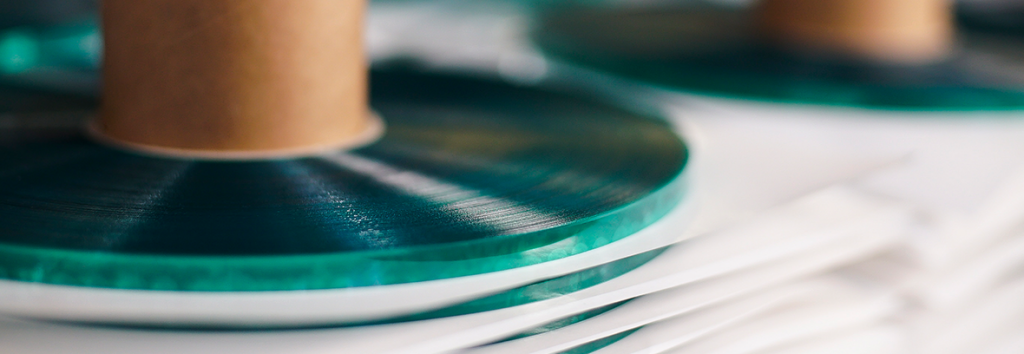*By clicking Download for free, I agree to the processing of my data for marketing purposes and to receive promotional materials via e-mail. Read our Principles of personal data protection.
How to choose the right adhesive tape?

There are countless types of tapes on the market. R&D specialists often develop new tapes to meet client’s specific requirements. If the manufacturer is to offer and produce custom-made solution, it is crucial that he understands the conditions to which the tape will be subject. Therefore a deep survey is necessary before tape selection.
Key factors that must be taken into account include:
Materials we want to bond
Wood, glass, rubber, PVC, metals, fabric. These are among the most common materials that are bonded every day in manufacturing. Each of these materials are specific by different properties such as texture, porosity, flexibility or surface structure.
Questions to answer:
- What materials do we want to bond?
- Does the product require a temporary or permanent connection (bonding)?
- Is a special tape shape or die-cut required?
- Does the tape need to have other functions (e.g. thermal management or conductivity)?
Bonding process
Each tape application requires its own procedure. While somewhere the tape is applied by machine, elsewhere a person is needed for application. In some applications it is necessary to handle the product immediately, others may allow a longer time to achieve maximum bond strength.
Questions to answer:
- What tape thickness is optimal?
- Do we need single-sided or double-sided adhesive tape?
- If the connection is temporary, must the tape be removed without residue?
- Is it necessary to handle the connected parts immediately?
- How will the tape be applied? Manually or by a machine?
- Is it necessary for the adhesive to be activated by pressure or otherwise? (heat, solvent)
Tension and external influences on the tape
An important part of choosing a suitable tape is to know also in which environment the final product will work and what kind of tension will act on the product: tensile, shear, cleavage or pear. However, most applications involve a combination of these voltages.
Questions to answer:
- What tension should the adhesive withstand?
- In which direction should the voltage develop?
- Will the tape be subjected to shock or vibration?
- Will the tape be exposed to extreme temperatures? For how long?
- Will the tape be exposed to adverse weather? For how long?
These are just some of the questions that technical tape specialists ask themselves on a daily basis. Tapes can be used in almost any industry and have a huge number of applications, so a comprehensive analysis of the final product is an integral part of choosing the right tape.